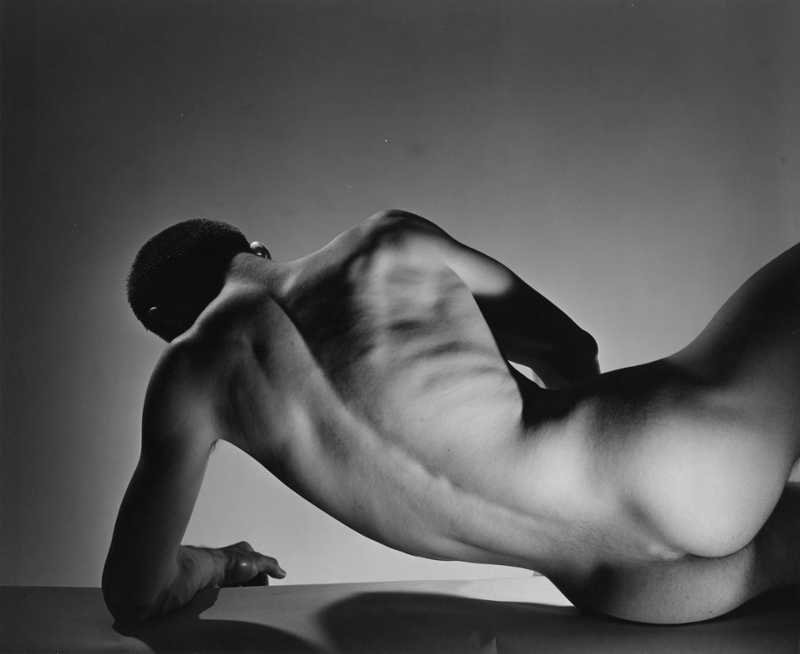Scholar Explores Photography Collection
Tom Baynes, a doctoral candidate (PhD in Art and Visual Culture) in the Department of Visual Arts, University of Western Ontario, spent two months this year as a visiting scholar at the Kinsey Institute, working in the library. He studied the special George Platt Lynes photography collection, both for its aesthetic value, and to help place Lynes in the era of secrecy and fear for gay culture in the mid 20th century.
Lynes was known for his fashion and celebrity portraits. Today he is celebrated for his photographs of the male body - not widely known back in the 40’s and 50’s. The Kinsey Institute has the largest collection of George Platt Lynes photographs, mostly acquired by Alfred Kinsey.
We asked Tom Baynes to explain what attracted him to the George Platt Lynes collection, and its relevance to his work as an art historian:
“The archives at the Kinsey Institute represent the largest collection of George Platt Lynes photographs and negatives that I am aware of, certainly the largest collection open to researchers. It is especially helpful for art historians to see the negatives housed in the collection, because this large collection allows researchers to see the variety of ways George Platt Lynes approached a photographic idea with a model in one session, and over the course of years of production with a variety of models.”
Baynes also described Lynes' work in the context of gay and artistic culture and history, and recognizes the great importance of his original donation to the Institute for Sex Research (now the Kinsey Institute).
“Lynes photographs… are invaluable as documents of a visual and erotic imagination shared by many men in the early and middle years of the 20th century. Lynes himself recognized the historical and aesthetic value of his photographs, and he bequeathed them to … [Kinsey] with the specific intention that they be made as available as possible to members of the public for their enjoyment and education.”
Baynes adds this reflection, true of many items in the collections:
“If he had not donated his collection of negatives, there is a very real possibility that they would have been confiscated and destroyed under obscenity laws.”

Support Kinsey
Love is more than an emotion. It is essential to our individual and collective well-being. Your support will help the Kinsey Institute advance research and education in the science of love and give a diverse field of researchers the resources they need to make new discoveries.
Pledge your support